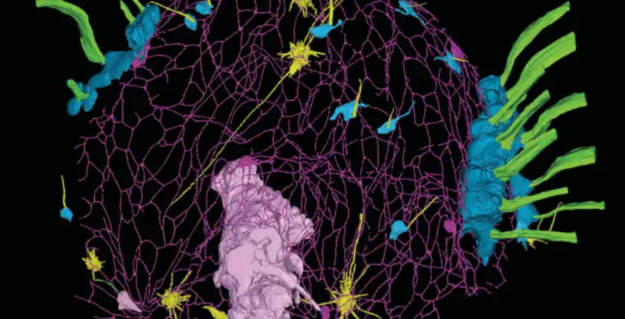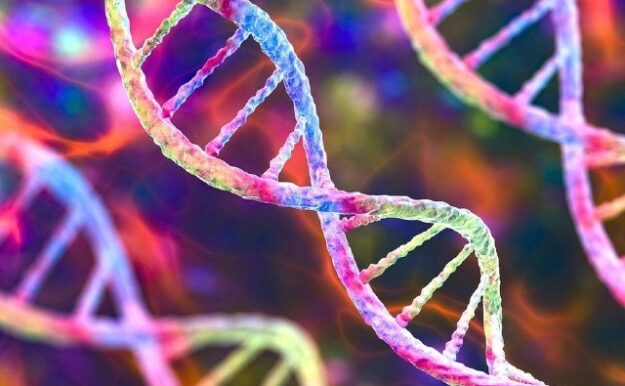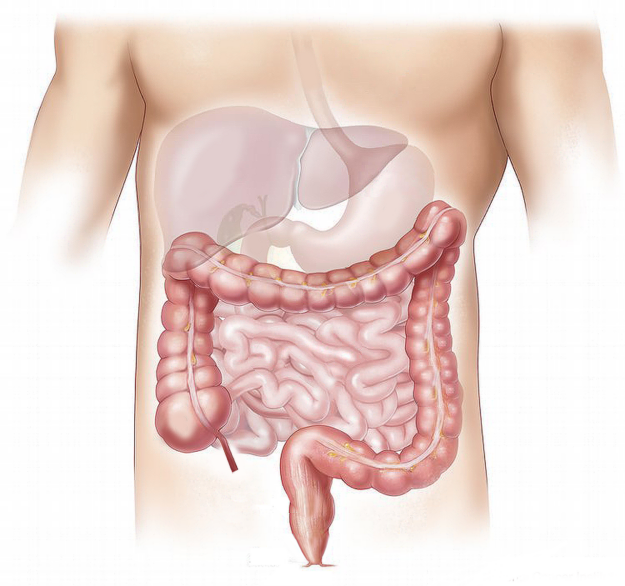New Discovery changes all we knew about the nervous system
Syncytial nerve net in a ctenophore adds insights on the evolution of nervous systems View of an ancient brain The evolutionary origin of nervous systems remains a fundamental question in biology. A hallmark of nervous systems is that they are composed of discrete cells (neurons) that communicate through synapses. Ctenophores, a sister group to…













